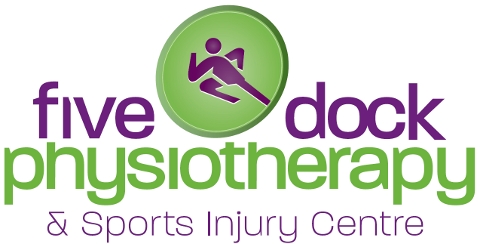Sports injuries can be frustrating and debilitating, often leaving both recreational and elite athletes sidelined and unable to perform at their best. While rest and recovery are essential components of the healing process, the importance of physiotherapy in sports injury rehabilitation cannot be overstated. Physiotherapy offers a comprehensive approach to recovery, focusing on restoring function, reducing pain, and preventing future injuries. In this blog post, we will delve into the significant role of physiotherapy in helping athletes regain strength, flexibility, and confidence following a sports injury.
1. Comprehensive Assessment and clear Diagnosis:
Comprehensive assessment by our physiotherapy team allows us to get a clear diagnosis. This is vital after a sports injury. The assessment allows our physiotherapists to identify the specific nature and extent of the injury. It helps us to determine causative factors and allows us to assess muscle activation patterns, strength, movement and biomechanics enabling the team to develop targeted treatment plans and interventions for optimal rehabilitation and recovery. The assessment also allows us to determine whether further investigations are needed such as x-ray, ultrasound or MRI, and also whether an urgent referral is required to see a sports doctor or orthopaedic surgeon, which our team can assist with.
2. Individualised Treatment Plans:
One of the greatest benefits of physiotherapy is its personalised approach to treatment. Each athlete’s injury is unique, and a skilled physiotherapist will assess the injury, consider the athlete’s specific needs and goals, and develop a tailored treatment plan so they can reach these goals as quickly as possible. This individualized approach ensures that the rehabilitation process addresses the specific weaknesses, imbalances, and limitations that resulted from the injury.
3. Pain Management:
Sports injuries can often be accompanied by significant pain and discomfort. Physiotherapy employs various techniques such as manual therapy, dry needling, ice, compression, heat and therapeutic exercises to manage pain effectively. Through targeted interventions, our physiotherapists can alleviate pain, reduce inflammation, and promote healing, enabling athletes to progress through their rehabilitation journey with greater comfort and confidence.

4. Restoring Function and Range of Motion:
After a sports injury, the affected area may experience loss of function and restricted range of motion. Physiotherapy plays a crucial role in restoring these essential elements. Through a combination of stretching, strengthening exercises, joint mobilization, and proprioceptive training, physiotherapists work to improve flexibility, stability, and overall function. By gradually reintroducing specific movements and exercises, athletes can regain their pre-injury abilities while minimizing the risk of re-injury.
5. Muscle Strengthening and Conditioning:
Rehabilitation following a sports injury involves rebuilding strength and conditioning. Physiotherapists employ targeted exercises and techniques to strengthen weakened muscles, improve muscular endurance, and enhance overall fitness. These exercises are designed to address muscle imbalances, correct faulty movement patterns, and optimize performance. Through progressive resistance training, clinical Pilates and functional exercises, athletes can regain their strength and safely return to their sport. In our clinic we also have the added advantage of using The AxIT strength testing equipment to analyse muscle activation, strength and endurance and ensure the athlete has reached an adequate level to return to activity.

6. Injury Prevention:
While recovering from a sports injury is essential, preventing future injuries is equally as important. Physiotherapists are skilled in identifying and addressing underlying factors that contribute to injuries. By assessing movement patterns, muscle imbalances, and biomechanics, our team can develop preventive strategies and provide athletes with education on injury prevention techniques. These strategies may include a targeted exercise program, sports-specific training, clinical Pilates as well as guidance on proper warm-up and cool-down routines. Thus physiotherapy plays a pivotal role in reducing the risk of future injuries.
In summary, Physiotherapy is a vital component of sports injury rehabilitation, offering a holistic approach that focuses on getting a clear diagnosis and then restoring function, reducing pain, and preventing re-injury. The individualized treatment plans, pain management techniques, restoration of function, muscle strengthening, and conditioning exercises, along with injury prevention strategies, all contribute to the athlete’s safe and successful return to their sport. By recognizing the importance of physiotherapy and seeking professional guidance, athletes can optimize their recovery, minimise downtime, and pursue their athletic endeavours with confidence. Remember, the road to full recovery may be challenging, but with the support of our skilled physiotherapy team, it becomes an achievable and rewarding journey.


